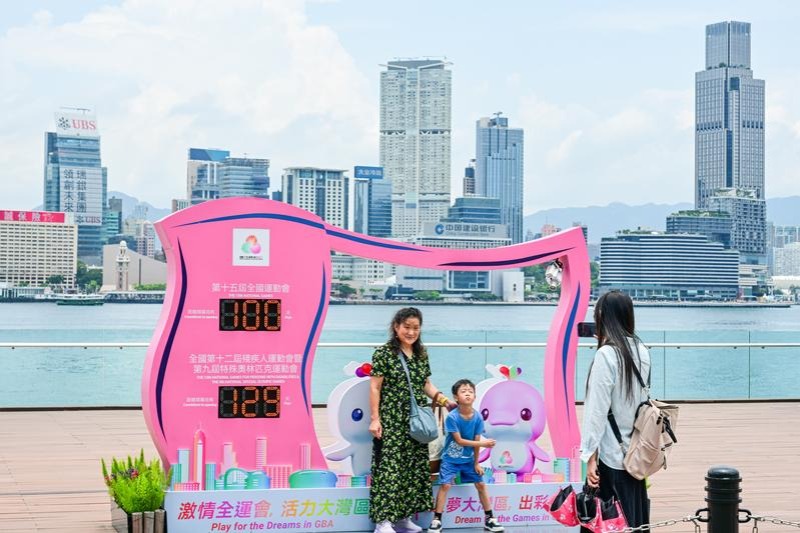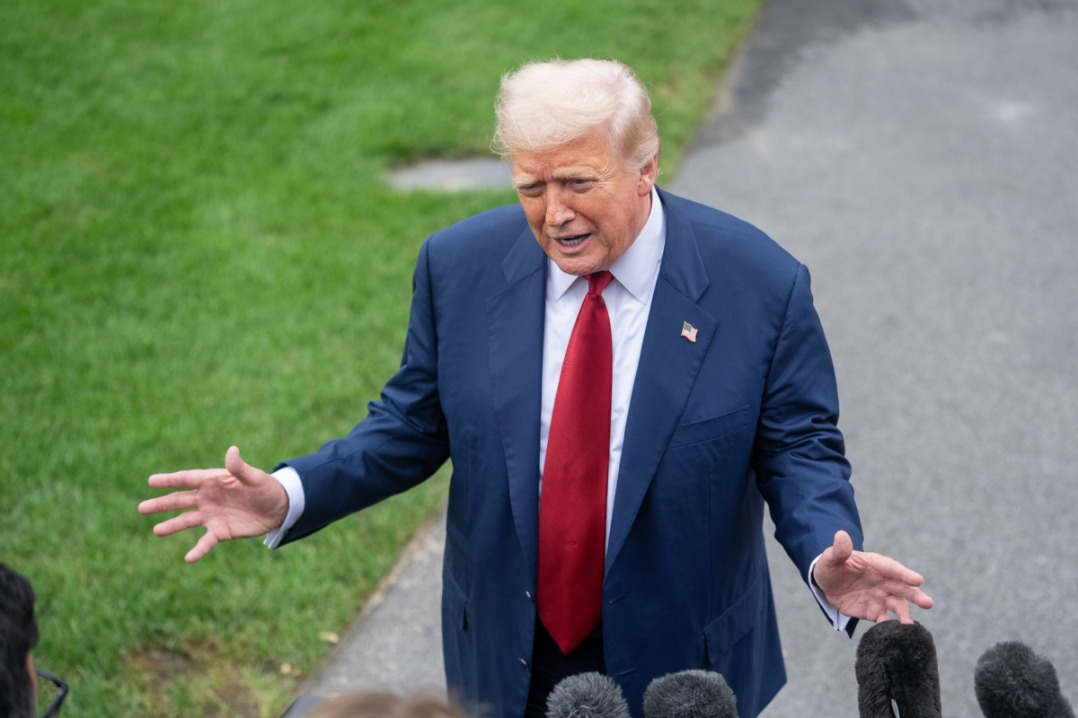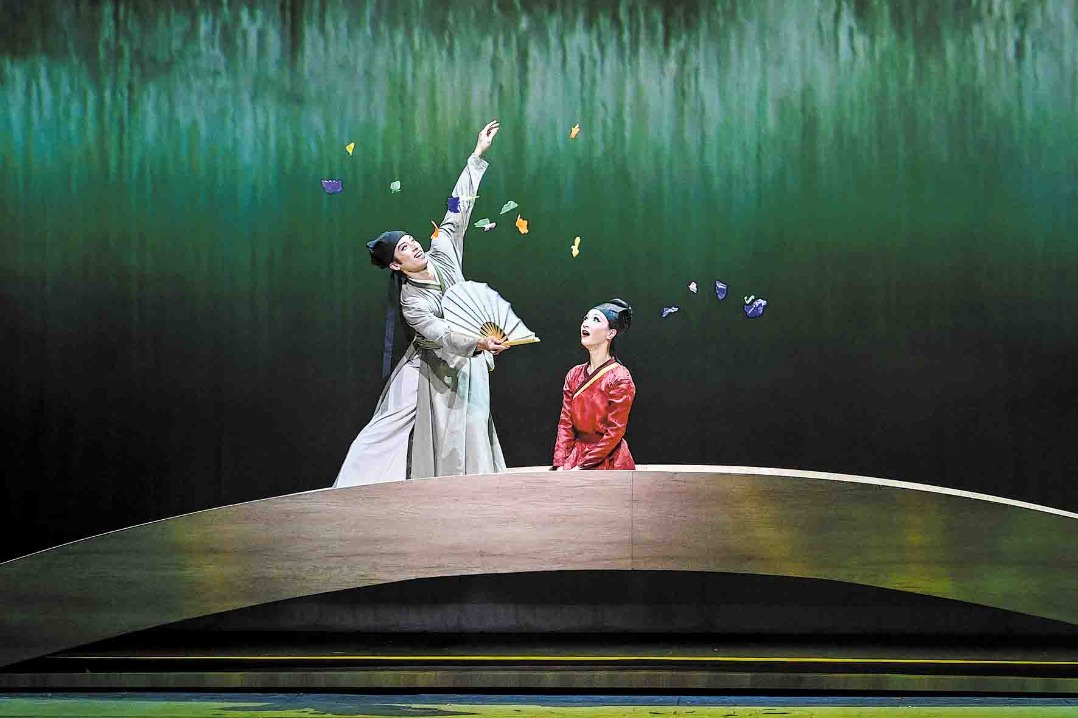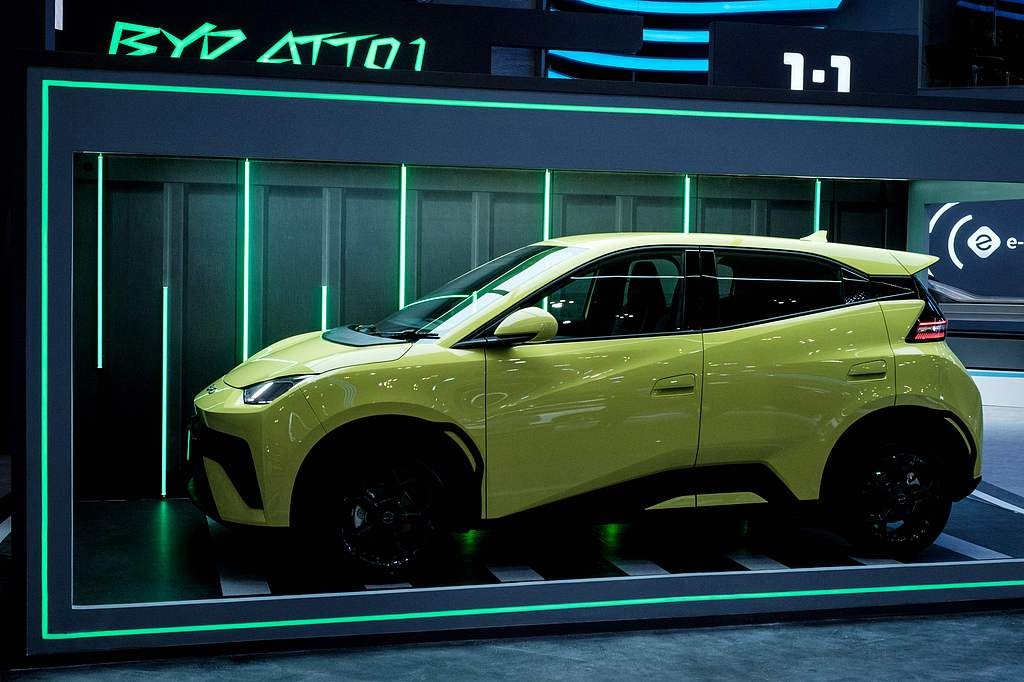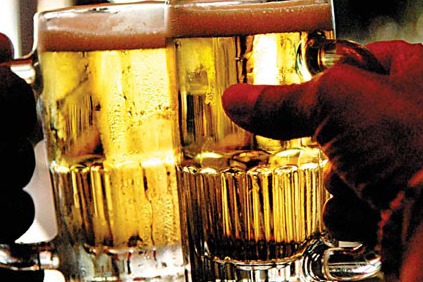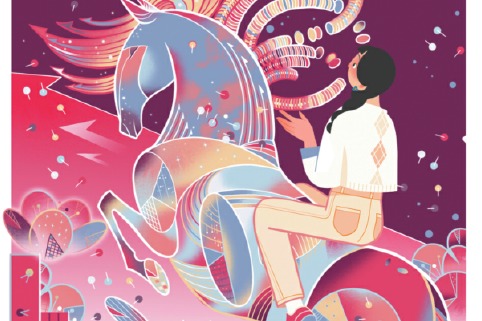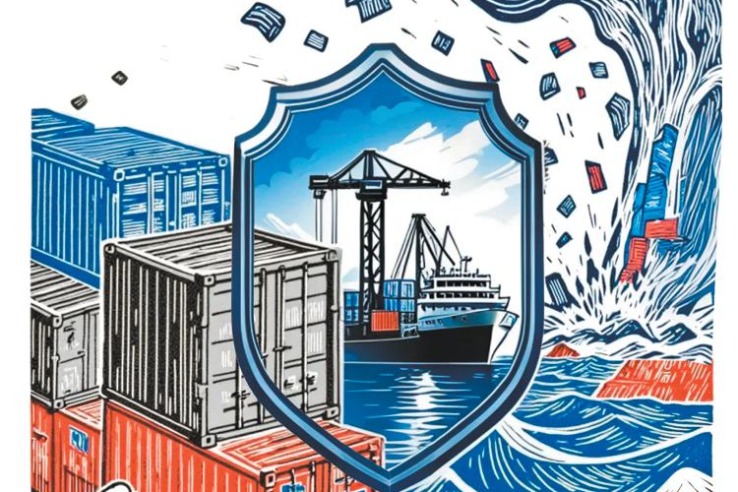Hong Kong turmoil, at its heart, is an identity crisis

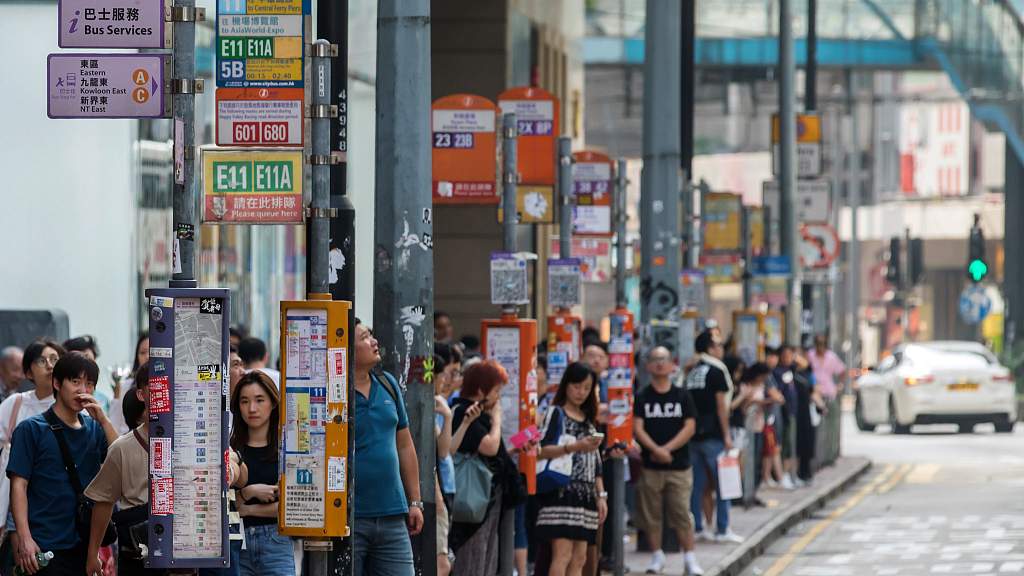
The sight of PLA soldiers walking out of their barracks to clear the rubble blocking the roads in Kowloon Tong added the first upbeat touch to escalating tensions in Hong Kong. The rioters had momentarily retreated after holing up for a couple of nights in universities.
Halfway through the face-off, in came the PLA soldiers in plain T-shirts with buckets and mops at hand. They joined civilians in cleaning up the mess. Passersby cheered as online users went into raptures.
The images of peacetime soldiers helping a ravaged city return to order, bare-handed but with great efficiency, sent a reassuring message. They were in sharp contrast with the protesters who have been wreaking havoc in the city. Their role as volunteers was perfectly in line with the Basic Law, and temporarily restored sanity to a metropolis that seems to be on a slippery slope.
The PLA soldiers are neither instigators of violence nor a source of fear despite what their detractors say. Instead, they remain the last bulwark against violence, the ultimate custodians of social order and protectors of life and property in times of crisis. That's exactly what they did following Typhoon Mangkhut – a natural disaster. This is what they are doing now, saving a charming city from one of the worst human calamities since its birth.
But the lesson that wanton violence must be checked seems lost on those who sympathize with protesters. They are missing the point despite the fact that black masks are an invitation to unlawful action and a sign of unwillingness to be held accountable; that their actions are disrupting traffic, destroying property, killing a 70-year-old cleaner and setting a man on fire simply because he attempted to stop protesters from vandalism; that there are calls for the police to be disbanded; that the future of hundreds of thousands of students and city's economy is now at risk.
The self-styled "freedom fighters" are oblivious to the fact that they have become instruments of pain. They are not even aware this is wrong. After affirming their commitment to non-institutionalized politics – in other words, absence of law – which they claim results from a "bad government," these protesters are demanding unconditional pardon.
An elevated walkway is seen burning during clashes between protesters and police outside Hong Kong Polytechnic University in Hong Kong, China, November 17, 2019./ Reuters Photo
Governments may do bad things, but high on the agenda of any government is protecting public interest. The definition of the term or how to achieve it may be different according to political systems, but there is a unanimous consensus against vandalism and terrorism. Liberty means liberty from suffering rather than liberty from control. The enemy of freedom is anarchy, not authority.
A revolution calls for an ideology that thoroughly revamps existing social structure, but this is not the case in Hong Kong. Otherwise, how could protesters defend democracy by honoring its antithesis through a penchant for senseless violence? This is not organized action. It's organized destruction.
Or perhaps the movement is after all powered by an ideology. When the veneer of "democracy" is peeled away, the diffused destructive energy becomes focused. Vandalizing zeroes in on Chinese businesses as people speaking Mandarin get attacked. This is a social movement driven by a reactionary populist ideology that targets a particular race.
What's happening in Hong Kong is as much a political crisis as it is an economic one. But at its heart it remains an identity crisis. When "protesters" become "self-loathing Chinese" – a phrase coined by commentator Ren Yi – and turn to Western governments for remedy to our own problem, it shows a city struggling with a hollow identity.
But it hasn't always been like this. In fact, it was Hong Kong residents who helped mainlanders cultivate "a love for the nation" after the turmoil of the Cultural Revolution. The popular 1980s song, My Chinese Heart, was first sung by Hong Kong singer Zhang Mingmin. Mainlanders countered "a century of humiliation" through Hong Kong TV series like Huo Yuanjia and Chen Zhen depicting Chinese heroes defying the label of the "sick man of Asia."
Between then and now, we have come a long way, but not necessarily in a good way. In the end, the current "social movement" seems to have neither a center – a consensus on One China policy – nor a periphery – seen in its tolerance for violence. Attribution of blame could be made at multiple levels, but among others, a loss of gate-keeping in education and media seem vital, as the former creates attitudes while the latter maintains them.
It is said Hong Kong's general education teaches children to think critically since an early age. But "critical thinking" that divides is meaningless without a priori loyalty to a larger community that unites. If the current Hong Kong crisis is ultimately an identity crisis, we might do better to slowly start restoring the center and checking the boundary.
















